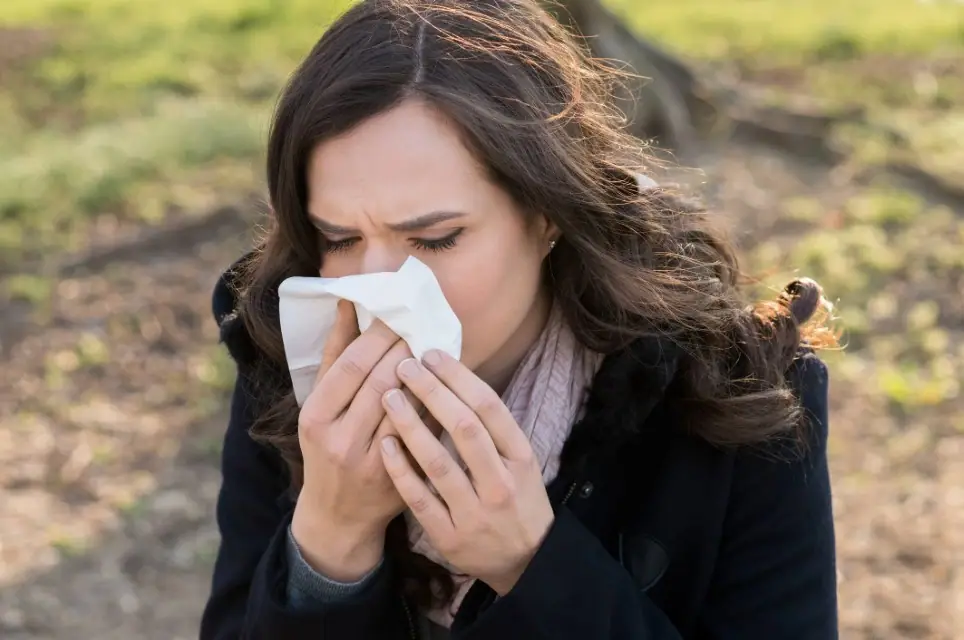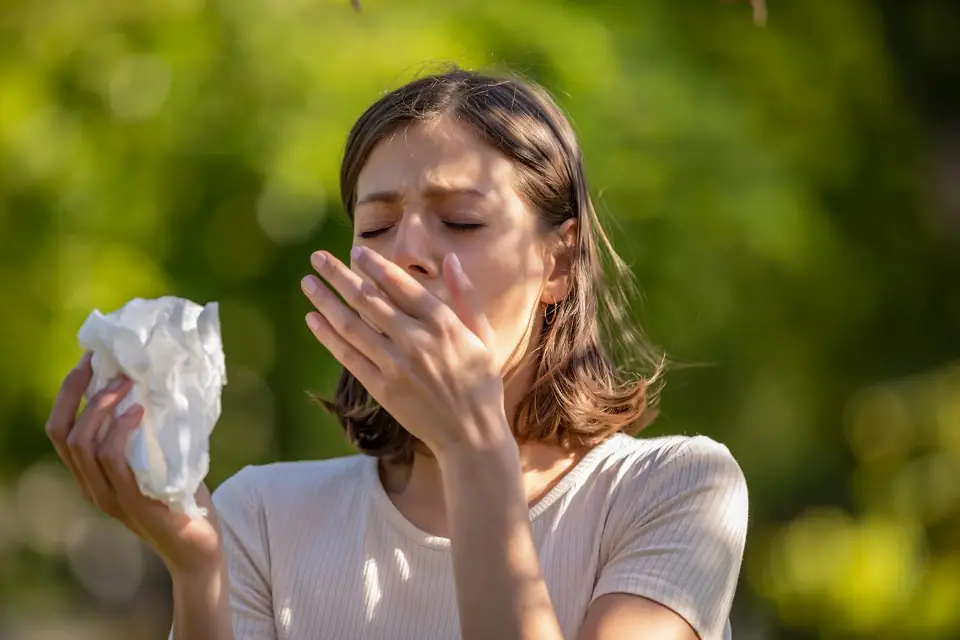Have you ever wondered why your nose starts to run when you’re in the middle of a vigorous workout? You’re not alone. Many people experience this phenomenon, and it can be quite bothersome. In this article, we will explore the reasons behind a runny nose during exercise, along with some frequently asked questions on the topic.
The Physiology of Exercise-Induced Rhinorrhea
Exercise-induced rhinorrhea, or a runny nose during physical activity, is a common occurrence. It happens for several reasons, most of which are related to the body’s response to increased physical exertion. Let’s delve into the science behind it:
1. Increased Airflow and Humidity When you exercise, your breathing rate naturally increases to supply your muscles with oxygen. This elevated airflow can lead to greater exposure of the nasal passages to the air, causing them to become dry and potentially irritated. As a protective mechanism, your body may respond by producing excess mucus to help humidify and filter the air you breathe. This excess mucus often results in a runny nose.
2. Vasodilation Exercise causes your blood vessels to dilate (expand) to deliver more oxygen and nutrients to your muscles. This process, known as vasodilation, also affects the blood vessels in your nasal passages. The increased blood flow can lead to congestion and a runny nose.

3. Allergic Reactions For some individuals, exercise can trigger allergic reactions. Pollen, dust, and other allergens in the environment may be inhaled more deeply during physical activity, leading to an immune response that can cause sneezing, a runny nose, and other allergy symptoms.
4. Cooling Mechanism Your body needs to maintain a stable core temperature during exercise. To prevent overheating, it relies on sweating as a cooling mechanism. However, the cooling process can also cause your nose to run, as sweat on your skin evaporates, cooling you down and potentially stimulating your nasal passages.
5. Nasal Reflex In some cases, a runny nose during exercise may be triggered by a nasal reflex. When you breathe heavily during a workout, the airflow in your nasal passages can create a “turbulent” flow, which can stimulate the nasal mucosa and lead to increased mucus production.
Can I prevent my nose from running during exercise? While it may be challenging to entirely prevent exercise-induced rhinorrhea, you can try wearing a scarf or a mask to help warm and humidify the air you breathe. Staying hydrated can also reduce the thickness of mucus and lessen the sensation of a runny nose.
Is there a link between exercise-induced rhinorrhea and allergies? Yes, there is a connection. Exercise can exacerbate allergy symptoms for some individuals. If you suspect allergies are causing your runny nose during exercise, consider consulting an allergist for proper diagnosis and treatment.
Should I be concerned about a runny nose during exercise? In most cases, a runny nose during exercise is a normal physiological response and not a cause for concern. However, if you experience severe or persistent symptoms, such as difficulty breathing, you should consult a healthcare professional.

Can I take over-the-counter medications to alleviate exercise-induced rhinorrhea? A: Over-the-counter antihistamines or decongestants may provide relief from exercise-induced rhinorrhea for some individuals. It’s essential to consult with a healthcare provider before starting any medication regimen.
Are there any exercises or activities that are less likely to cause a runny nose? Low-intensity activities like walking or gentle yoga are less likely to trigger exercise-induced rhinorrhea. Additionally, indoor activities may expose you to fewer allergens compared to outdoor exercises.
Conclusion
A runny nose during exercise is a common occurrence, and it usually happens due to the body’s natural responses to physical exertion. Factors like increased airflow, vasodilation, allergic reactions, and cooling mechanisms can all contribute to this phenomenon. While it may be bothersome, it’s typically not a cause for concern. If you find exercise-induced rhinorrhea particularly bothersome or if it’s accompanied by severe symptoms, it’s advisable to consult with a healthcare professional who can offer guidance and potential solutions.

